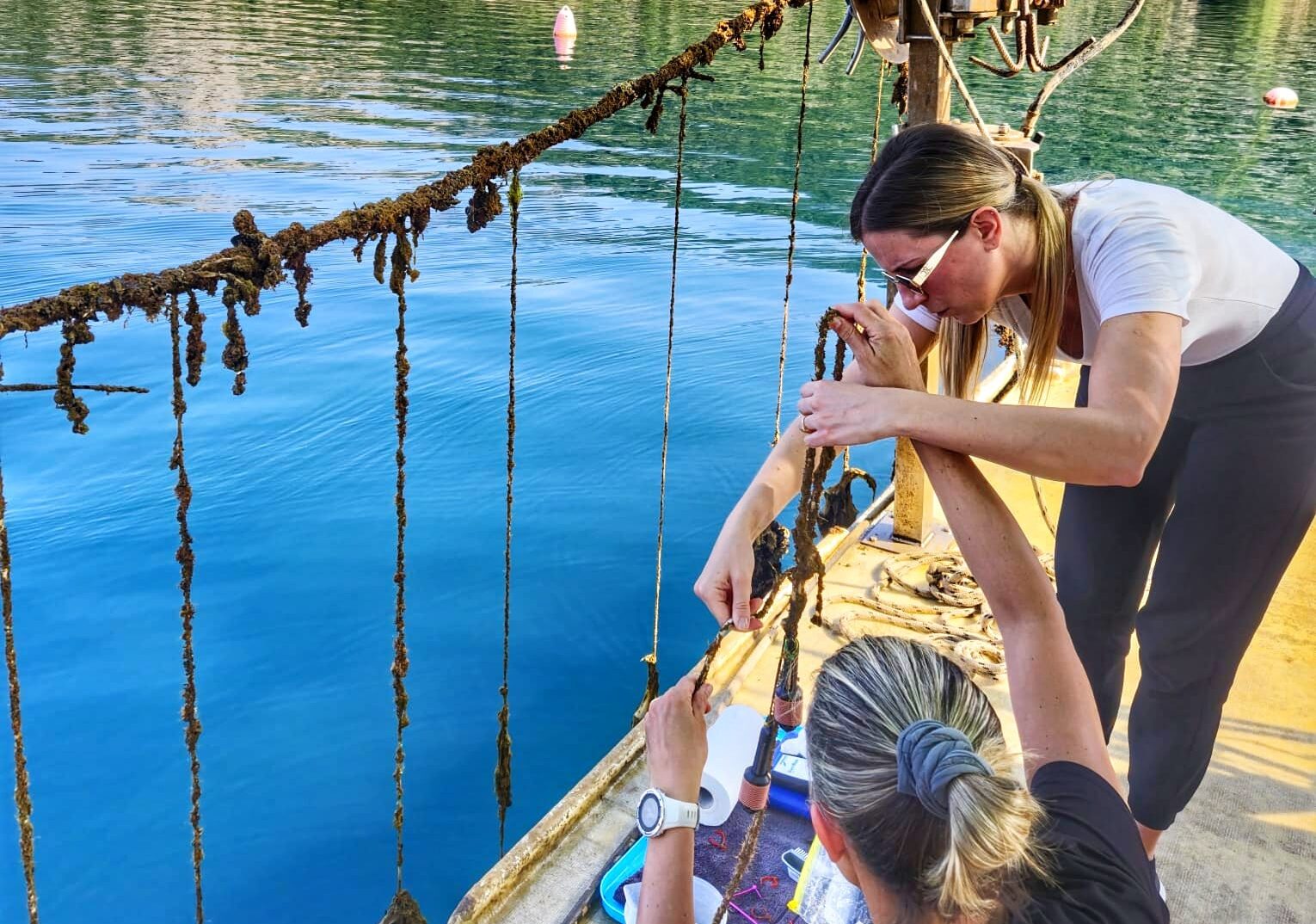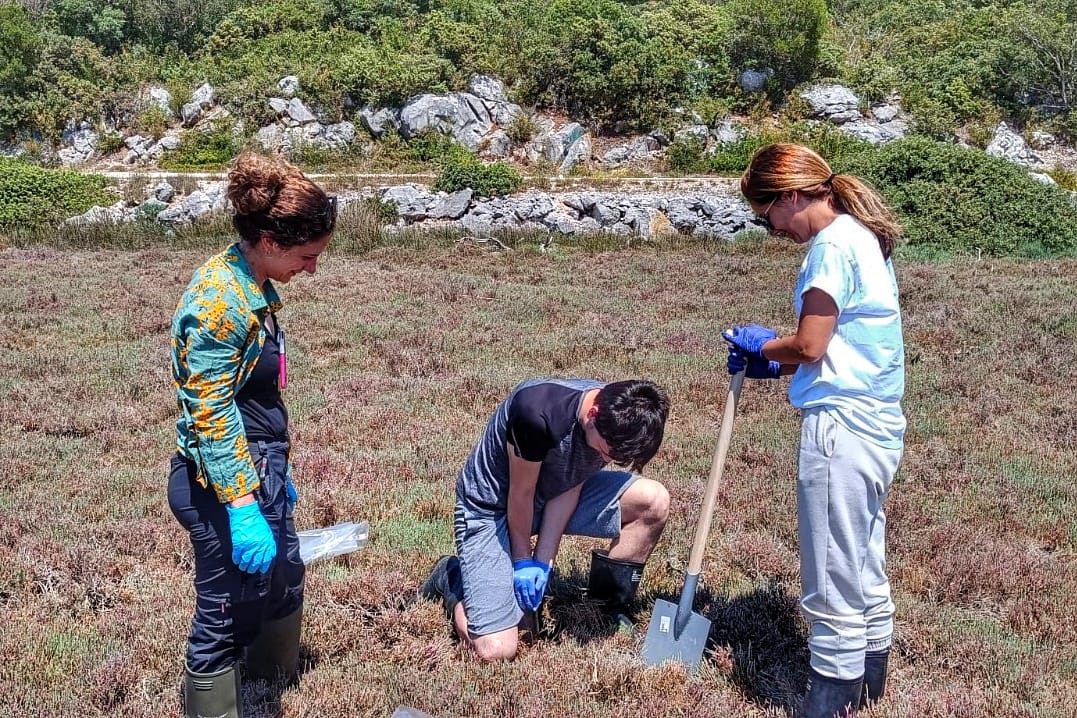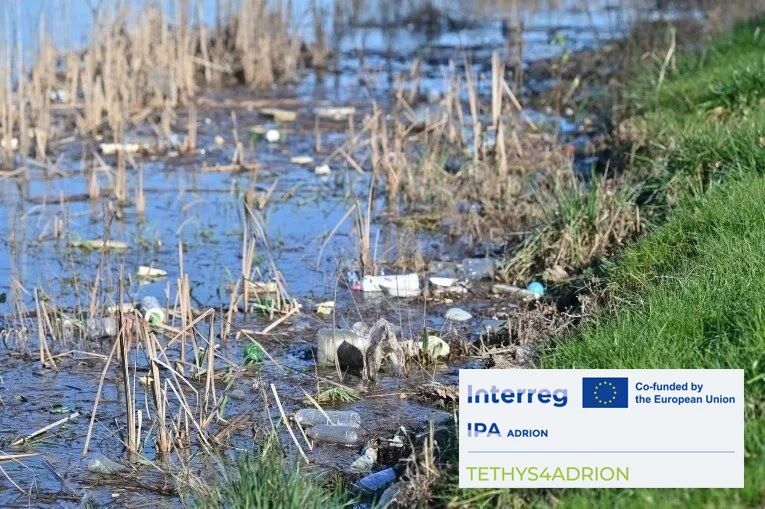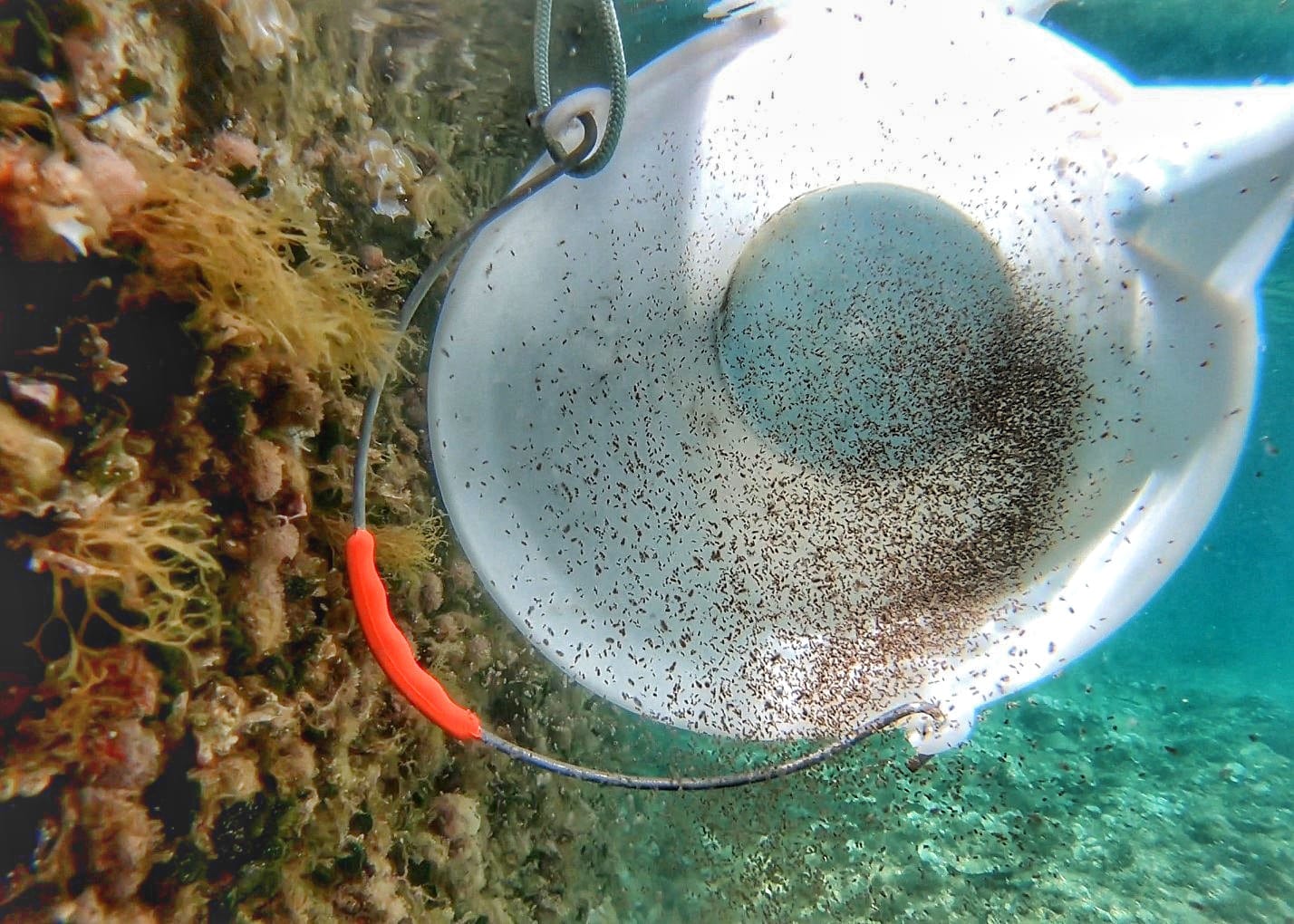Mussels (Mytilus galloprovincialis) have long been a part of the traditional Mediterranean diet. They are easily accessible, nutritious, and have been cultivated and commercially exploited along the Croatian coast for decades.
However, in recent years, we have been witnessing increasingly frequent episodes of mass mortality in mussel populations across the Adriatic and broader Mediterranean region, a trend that raises serious concern. Many coastal habitats that were once abundant in mussels are now noticeably depleted.
During last week’s routine sampling as part of the #BivalveSPEECH (HRZZ-IP-2024-15-2190) project, funded by the Croatian Science Foundation, seawater temperature at bivalve aquaculture sites in Novigrad Sea was recorded at 24.7 °C in the surface layer. The fact that such high temperatures are being reached as early as June raises concerns about the environmental conditions likely to prevail in the coming summer months.
Our earlier research, conducted under the #BiVACME project (also funded by the Croatian Science Foundation), at the Krka River estuary and in Mali Ston Bay, demonstrated that mussels in these areas do not grow during the hottest part of the year. These findings are based on stable isotope analysis and the geochemical composition of mussel shells. Full details are available in the published article.
One potential adaptation to increasing sea temperatures is the vertical relocation of mussel culture ropes (pergolari) to deeper and cooler layers during the summer, a common practice already in place in southern parts of the Mediterranean, where mussel farming in shallow waters has become nearly impossible. However, such adaptations are likely to increase the complexity and cost of production, which may ultimately affect both the availability and price of shellfish on the market.
In any case, the challenges ahead are evident. Continued monitoring of environmental parameters, along with adaptation of farming practices, appears essential. It is critical to remain vigilant yet open to solutions informed by science and experience, to ensure that the long-standing tradition of mussel farming can be sustained under the changing climatic conditions we are increasingly facing.




